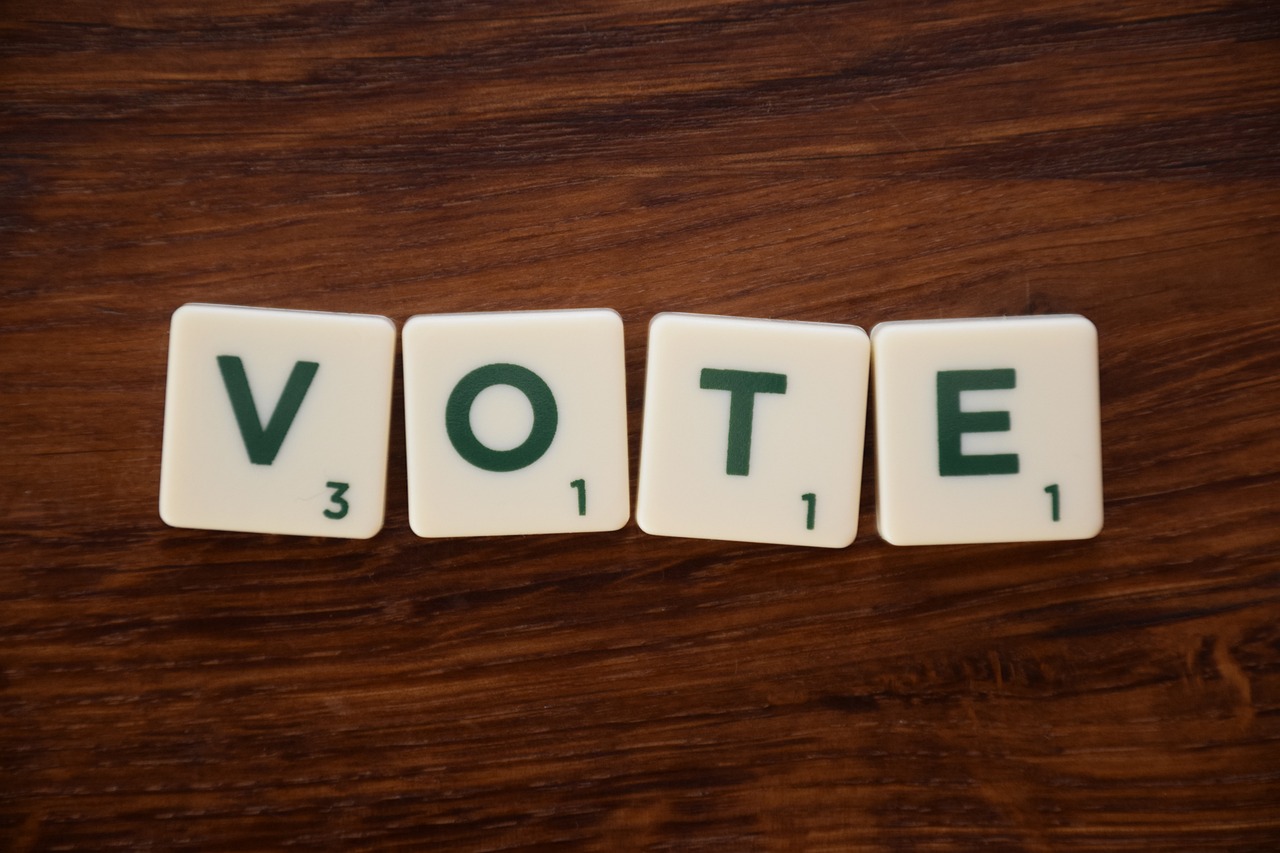10 key election terms and words you should know
Elections build the foundation of democracies where people exercise their right to vote to choose their leaders. Knowing the terms and words used in elections will help you to improve how to speak about politics. Here are 10 important election terms and words everyone needs to know:
1. Cast a Vote
In elections, people participating in voting are said to “cast a vote”. This term is often used when talking about voting.
Example: Long lines formed at polling stations as eager citizens waited to cast their votes.
2. Run for Office
When someone decides to compete for a position in government, this is called “running for office” – especially in US English. It’s a common election term used when individuals seek elective positions, and in UK English one often says “standing for office”.
Example: She announced her plans to run (or stand) for office next year hoping to make a difference in her community.
When someone chooses to be a candidate in an election, they are said to be running (or standing) for office. This phrase means that they want to get a political job or position.
Example: Wanting to create positive change, she decided to run (or stand) for office in her local area.
3. Election Campaign
An election campaign is the planned work by candidates, their backers and support team to convince voters to choose (or elect) them. These efforts include different strategies and actions.
Example: His campaign focused on important issues such as improving schools and healthcare.
4. Polling Station
A polling station is a specific place where voters go to cast their votes on an election (or polling) day. These stations are set up in public buildings such as community centres.
Example: For the next election, the local elementary school was chosen as a polling station.
5. Voter Turnout
“Voter turnout” refers to the percentage of eligible voters who cast their vote in an election.
Example: Over 70% of the eligible voters cast their votes in this year’s election, marking a high voter turnout.
6. Opinion Poll
An “opinion poll” is a type of survey used to understand what people are thinking about various topics or to check how popular political candidates are, typically in advance of an election
Example: The recent opinion poll showed that the race between the two top candidates was very close, with just a tiny gap between them.
7. Electoral System
An “electoral system” is the way that votes are counted and winners are selected in an election. Different countries use different systems.
Example: The country uses a proportional representation electoral system to make sure that many political views get a fair chance.
8. Ballot Paper
A “ballot paper” is the paper that voters use to mark their choices during an election. The design and details of ballot papers will change based on the type of election.
Example: Voters received clear instructions on the right way to complete the ballot paper so that their votes would count.
9. Incumbent Candidate
An “incumbent candidate” is someone who already holds a political office and wants to be elected again to continue their role.
Example: The incumbent candidate faced tough competition from a challenger with a lot of money supporting his campaign.
10. Election Results
“Election results” show who won and who lost in an election – and by how many votes.
Example: Late in the evening, they announced the election results, revealing that the current leader had won by a small margin.
It’s very important for students learning English who want to talk about politics and democracy to know these election terms. This will help you to understand news, debates and talks about elections better.
Elections differ from one country to another because each has its political system and ways of voting. Although these terms help students to understand basic election concepts, you should investigate how elections work in your country or in the nations you study. Elections also have a big impact on the future of countries and communities. They let people share their views, pick their leaders, and shape their society’s path. When people take part in elections and learn election terms and words, they become better and more knowledgeable citizens of their democracies.
English language students who explore politics and elections learn more terms and ideas. You should keep growing your vocabulary and knowledge here; this will not only boost your language skills but also improve your grasp of world events and civic duties.
In conclusion, learning these 10 key election terms and words is an excellent way for you and all students of English to start talking about politics. By adding these words to what you know, and grasping what they mean, you can join in discussions about elections, democracy and government with greater confidence.
Improve your English speaking skills
Unlock your full potential with The English Studio! Our experienced teachers offer custom English language training to everyone helping you improve in your job and grow your business and career chances. Find out how our specialized lessons can help you reach your goals. Call us at +44 20 7299 1700 or send an email to [email protected] for more information. You can also complete our online test to check your English level or meet with our Education Advisors for tailored advice.





